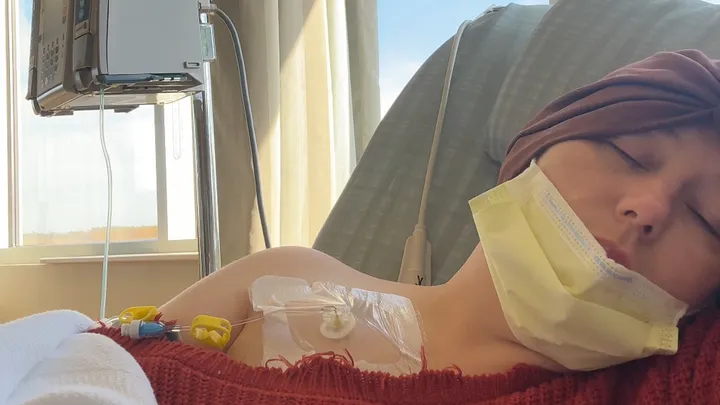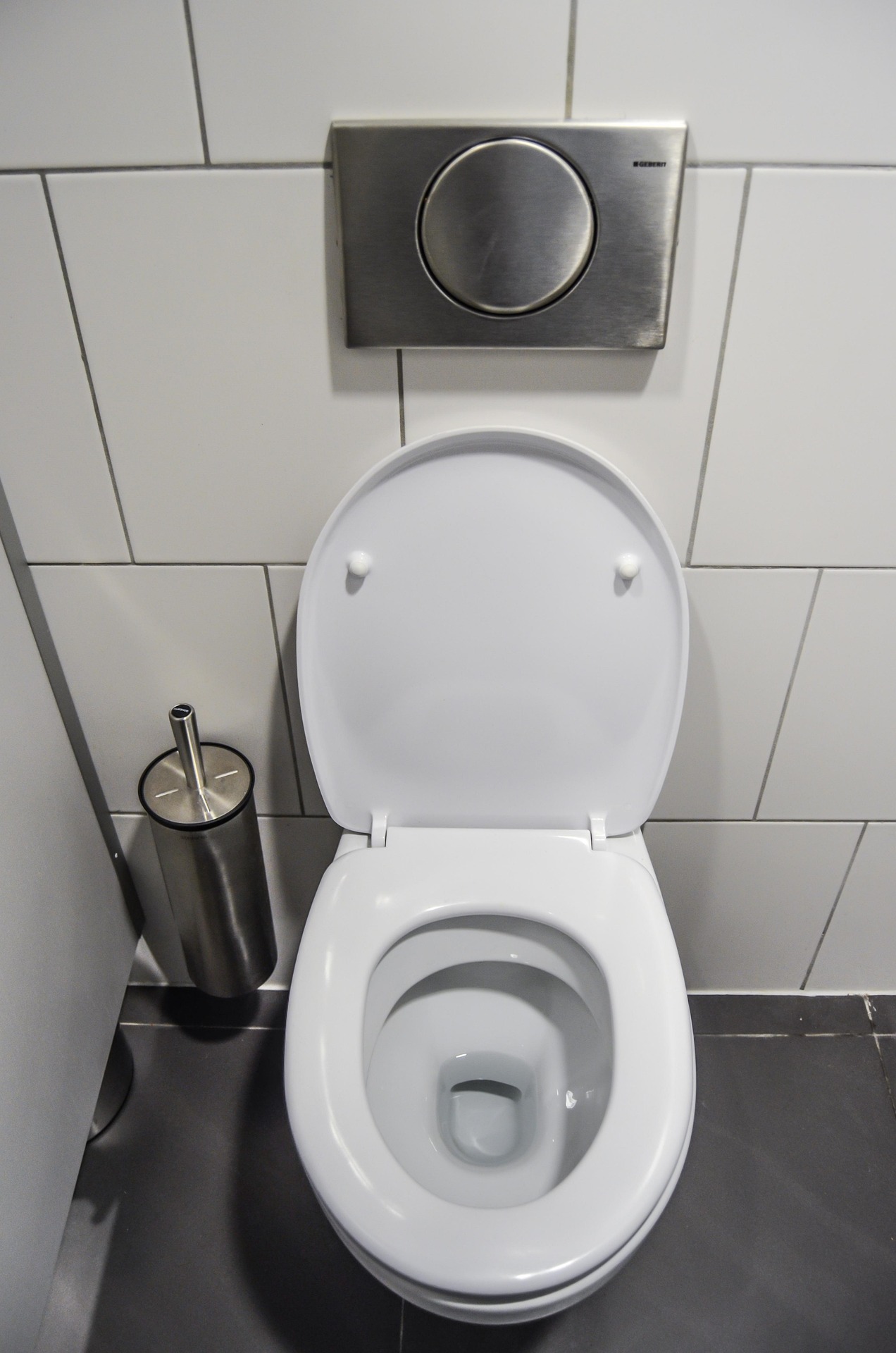Her viral TikTok explains why extra caution is needed in homes where cancer patients are receiving chemo treatment.
A Lesson From One Woman’s Cancer Journey

When Misty Myers, a 28-year-old mother battling stage 3 triple-negative breast cancer, posted a TikTok about chemotherapy safety, she didn’t expect to shock so many viewers.
But her message was clear, and alarming: family members of chemo patients could be exposed to toxic traces of chemotherapy drugs through shared bathrooms.
“If you have someone in your family that has cancer and they’re going through chemotherapy, it is recommended that the person receiving treatment use a separate toilet than everyone in the house,” Myers explained in her video.
Not every household can accommodate that, so Myers shared essential safety steps to reduce risk.
Why Chemo Patients Should Flush With Care


Chemotherapy drugs are powerful enough to destroy fast-growing cancer cells, but that also means small traces of the drugs can linger in a patient’s bodily fluids for up to 48 hours after treatment.
Those residues can be found in urine, feces, and vomit. If healthy individuals come into contact with them, even indirectly, they may absorb minute amounts of chemo agents, leading to unpleasant or even dangerous side effects.
Myers offered practical advice for families sharing a bathroom:
“We not only flush the toilet three times with the lid down, but we clean that toilet immediately after using it,” she said.
She added that failing to close the lid could allow microscopic water droplets containing drug particles to spray into the air or onto nearby surfaces.
“Someone who does not have cancer and is not receiving treatment could end up with dizziness, rash, nausea, vomiting, [and] skin conditions,” she warned.
Myers also noted that healthcare workers who handle chemotherapy drugs are trained to take similar precautions to avoid long-term reproductive and health effects.
Why This Information Matters
While these risks are well known among nurses and oncologists, many families of cancer patients have never been told about the importance of bathroom safety.
“As a nurse, they teach us,” one commenter wrote, “but I hate that this info isn’t spread like wildfire to everyone around the patient.”
Another user shared, “My aunt was taking chemo pills and said she shouldn’t hold the baby because of radiation! I’m glad she knew, because I didn’t know.”
For Myers, raising awareness is just another way she’s fighting back, not only for herself but for others navigating similar journeys.
“You’re just being safe for everybody around you,” she said. “It’s about protecting your loved ones.”
Myers continues to share updates and advice with her TikTok community at @lifewithmisty8, where she documents both the challenges and small victories of life with cancer. Supporters can also donate to help her treatment via her GoFundMe page.
A Reminder to Stay Informed and Compassionate
Chemotherapy saves lives, but it’s also a reminder of how interconnected health and caregiving truly are. Misty’s message highlights the importance of communication between patients, families, and medical teams to ensure everyone’s safety.
Sometimes, the most powerful acts of awareness come not from doctors or textbooks, but from those who are living it every day.
Featured image from: Parentingupstream from Pixabay

